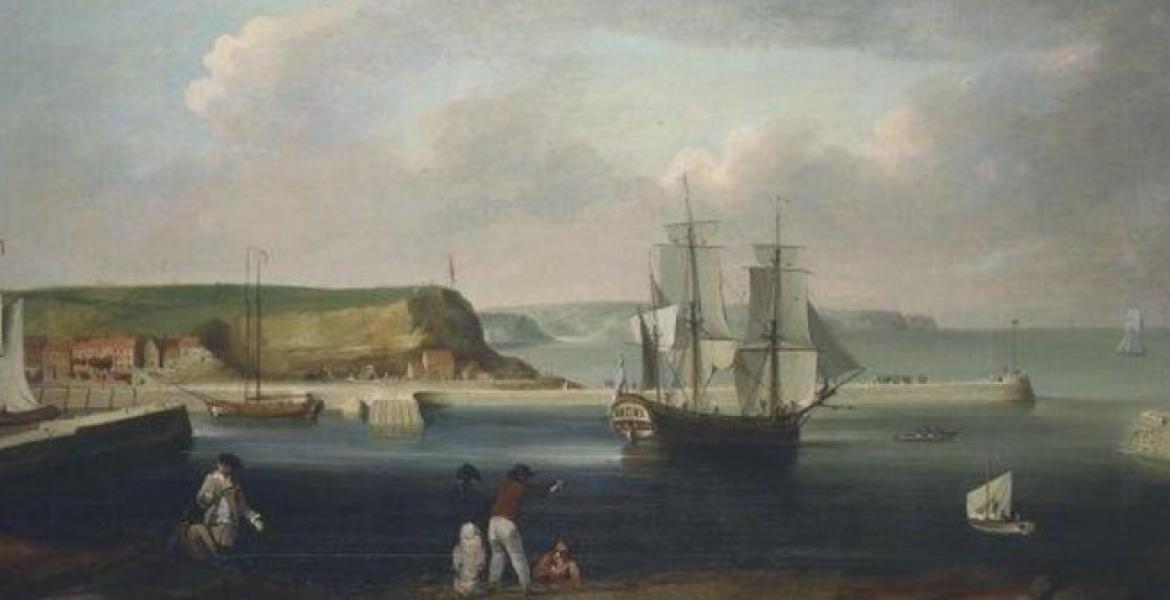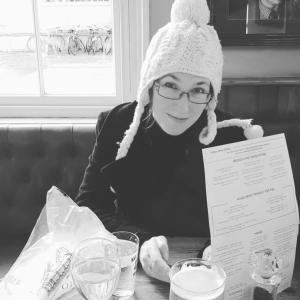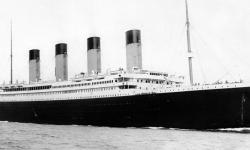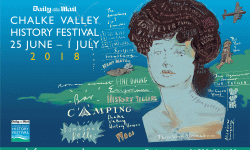Has Captain Cook's Endeavour been found?
Researchers with the Rhode Island Marine ArchaeologyThe study of the things humans have left behind. See 'Some Notes of Archaeology'.The study of the things humans have left behind. See 'Some Notes of Archaeology'. Project (RIMAP) have announced there's an 80 to 100 per cent chance they have found Captain James Cook's ship Endeavour.
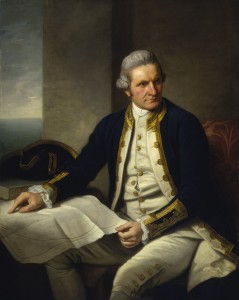
HMS Endeavour started life as a coal ship called the Earl of Pembroke before she was bought by the British Navy in 1768 for a scientific mission to explore the Pacific Ocean and find the Terra Australis Incognita, the 'unknown southern land'. Captained by the British explorer James Cook and with 94 on board, she departed Plymouth in August 1768. In January 1769, she rounded Cape Horn on her third attempt, after severe winds and storms had forced her to turn back twice, and landed in Tahiti in time to observe the transit of Venus in June. During the transit, Venus appeared as a small disk moving across the Sun, and its study enabled greater understanding of navigation, particularly in the search for determining longitude. In April 1770, Endeavour became the first European ship to reach the east coast of Australia, where Cook went ashore at what is now Botany Bay, and claimed the area for the British crown, despite a large indigenousNative to a particular place.Native to a particular place. population. From there, she sailed along the coast of Australia, running aground on the Great Barrier Reef, before returning to Britain on 12 July 1771. She spent the next few years sailing between Britain and the Falkland Islands, was sold into private hands and renamed Lord Sandwich. She was later hired as a troop transport ship during the American War of Independence, but was scuttledDeliberately sinking a ship.Deliberately sinking a ship. in an effort to blockadeBlocking a place to prevent goods or people from entering or leaving.Blocking a place to prevent goods or people from entering or leaving. Narragansett Bay, Rhode Island, in 1778. She has remained there since.
During the transit, Venus appeared as a small disk moving across the Sun, and its study enabled greater understanding of navigation, particularly in the search for determining longitude. In April 1770, Endeavour became the first European ship to reach the east coast of Australia, where Cook went ashore at what is now Botany Bay, and claimed the area for the British crown, despite a large indigenousNative to a particular place.Native to a particular place. population. From there, she sailed along the coast of Australia, running aground on the Great Barrier Reef, before returning to Britain on 12 July 1771. She spent the next few years sailing between Britain and the Falkland Islands, was sold into private hands and renamed Lord Sandwich. She was later hired as a troop transport ship during the American War of Independence, but was scuttledDeliberately sinking a ship.Deliberately sinking a ship. in an effort to blockadeBlocking a place to prevent goods or people from entering or leaving.Blocking a place to prevent goods or people from entering or leaving. Narragansett Bay, Rhode Island, in 1778. She has remained there since.
Now RIMAP, a not-for-profit organisation established in 1992 that is dedicated to the study of maritimeConnected with the sea, especially in relation to seaborne trade or naval matters.Connected with the sea, especially in relation to seaborne trade or naval matters. history and marine archaeologyThe study of the things humans have left behind. See 'Some Notes of Archaeology'. in the Narragansett Bay area, thinks they may have found her. With the aid of an Australian National MaritimeConnected with the sea, especially in relation to seaborne trade or naval matters. Museum grant, RIMAP has narrowed down the location of Endeavour using a range of historic documents in London to a cluster of five wrecks. Today, 4 May 2016, on the 240th anniversary of the state's break from the British crown, they are releasing plans for how they intend to find her. These plans include the proper recording and conservation of any artefactsObjects made by humans that are of historical interest.Objects made by humans that are of historical interest. found, as well as 'intense study of each vessel's structure'. A representative said 'it will be a national celebration in Australia when RIMAP identifies the Lord Sandwich ex Endeavour.'
For more information, visit the RIMAP site.
- Log in to post comments

